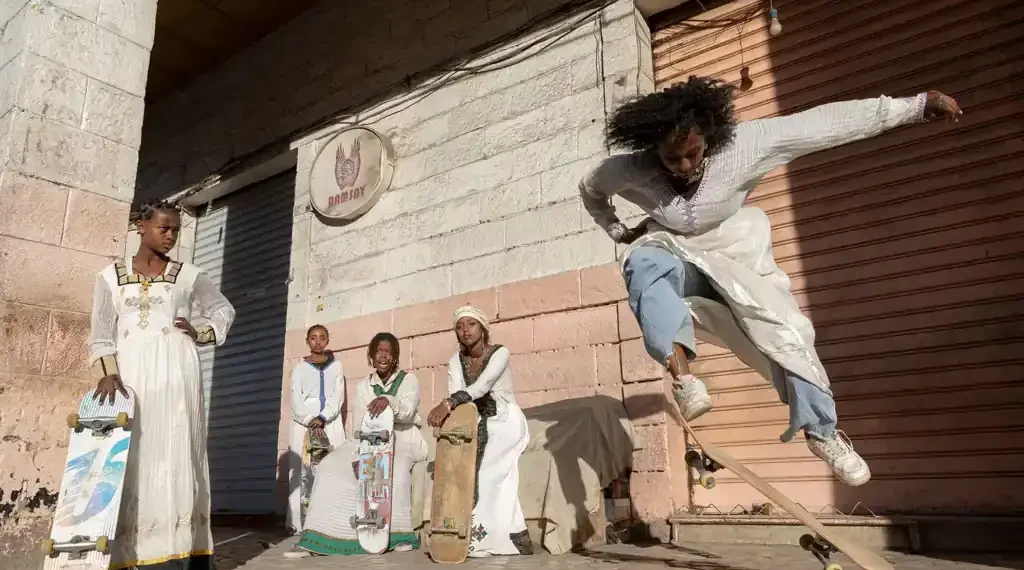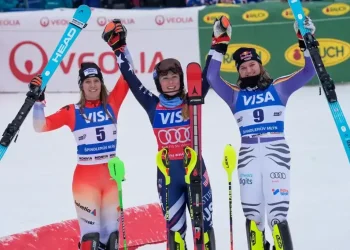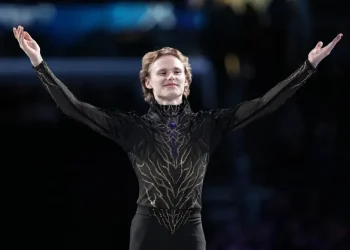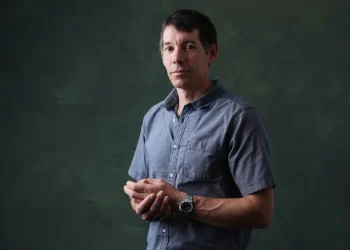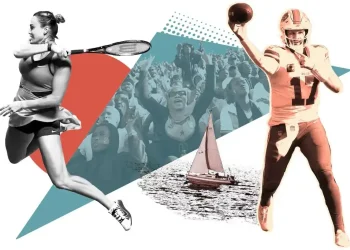In the heart of Addis Ababa, a growing group of young Ethiopian women is defying cultural norms through skateboarding. United by courage, community, and creativity, these skaters are reclaiming public spaces and reshaping how society views women in sport and self-expression.
Breaking Barriers in a Changing Capital
Every time Edomawit Ashebir steps outside with her skateboard, she braces for ridicule. Onlookers often hurl insults, questioning why a young woman would skate in public. Yet Ashebir, supported by her mother and her all-female skate crew, refuses to stop.
“It’s like a challenge every day,” she told photographer Chantal Pinzi. “People shout that I’m wasting my life, that I shouldn’t be in the street. But I don’t listen anymore.”
Ethiopia is rebuilding from the devastating civil war that ended in 2022. The capital, Addis Ababa, is transforming rapidly with new skyscrapers, roads, and cultural spaces. Yet deep-rooted gender roles remain. Public life, as Pinzi observed, is still dominated by men — making the presence of female skaters an act of quiet rebellion.
A New Generation Finds Freedom Through Skateboarding
For skaters like Makdelina Desta, a co-founder of Addis Girls Skate, the board represents far more than sport — it’s freedom.
“As girls, we’re told to stay home, to be careful, to act proper,” Desta said. “When I skate, I’m just myself. I don’t feel judged. I feel free.”
Every Saturday, the group gathers at one of Addis Ababa’s few skate parks — a space reserved for them on that day. They practice tricks, share laughter, and build confidence. For these girls, skating isn’t just play; it’s a declaration of identity.
“They’re reshaping the future they want,” said Pinzi. “They’re writing their own stories instead of accepting what’s written for them.”
From Streets to Sisterhood
Pinzi’s lens captures the duality of their world: gliding through Merkato, Africa’s largest open-air market, or racing down Mount Entoto’s slopes in traditional white habesha kemis.
“I love the sound of the wheels,” said Lydia, another skater. “It’s hypnotic. I forget everything else.”
The photos also reveal a deep sense of community — combing each other’s hair, sharing meals, and watching sunsets after long sessions. “They used to feel lonely,” Pinzi said. “Now they have a sisterhood that keeps them strong.”
Support from Male Skaters, Resistance from Society
Ethiopia’s skate community has been largely supportive. Male skaters often share the park, cheer the girls on, and even donate boards. But beyond the ramps, acceptance fades.
Skater Tsion recalled passersby waiting for her to fall so they could mock her. “They want to prove I shouldn’t be doing this,” she said. “But that only makes me stronger.”
One man once called the group “the devil.” The girls ignored him, choosing unity over confrontation. “They’re used to it,” Pinzi noted. “Their strength lies in standing together.”
Defying Age and Expectations
Not every skater in the group is a teenager. Burtekan, a 43-year-old single mother of two, has joined the sessions — earning the affectionate nickname Mamy.
“I wake up wanting to push my limits,” she said. “People say I’m too old. I say I’m not done living.”
For many Ethiopian women, marriage often confines them to domestic life. But Mamy defies that narrative. “She’s proving that motherhood and freedom can coexist,” said Pinzi. “She’s rewriting what womanhood means.”
Shredding the Patriarchy: A Global Lens
Ethiopia is one chapter in Pinzi’s global photo series Shred the Patriarchy, which also features female skaters in Morocco and India. Through her work, she explores how sports can dismantle structural inequality.
“Sports empower women physically and mentally,” Pinzi said. “They teach persistence and self-belief — lessons society often denies women.”
She noticed a shared spark among the women she photographed worldwide: a distinct confidence born from movement. “They look you in the eye,” she said. “They carry themselves differently. That’s what empowerment looks like.”
Expanding the Movement Beyond Addis Ababa
While the capital’s skate scene is slowly expanding, access remains limited in rural areas. In the southern city of Hawassa, Pinzi met Shurrube, the only known female skater there.
“She’s one of the strongest I’ve seen,” said Pinzi. “But she had no working board for months.” Pinzi later brought her a new deck, helping her continue to skate.
The lack of equipment and facilities highlights broader inequalities across Ethiopia. But Pinzi and her Berlin-based network are trying to bridge that gap — collecting and donating secondhand boards wherever she travels.
Beyond Tricks: Lessons in Resilience
For Pinzi and the young women she photographs, skateboarding is more than a pastime. It’s a metaphor for persistence. “Falling, failing, and trying again — that’s the rhythm of skating,” she said. “It teaches you not to give up.”
As Ethiopia continues to rebuild, these women symbolize a generation pushing forward on their own terms. “Skateboarding doesn’t care where you’re from,” Pinzi said. “It only asks you to keep moving.”

This article was rewritten by JournosNews.com based on verified reporting from trusted sources. The content has been independently reviewed, fact-checked, and edited for accuracy, neutrality, tone, and global readability in accordance with Google News and AdSense standards.
All opinions, quotes, or statements from contributors, experts, or sourced organizations do not necessarily reflect the views of JournosNews.com. JournosNews.com maintains full editorial independence from any external funders, sponsors, or organizations.
Stay informed with JournosNews.com — your trusted source for verified global reporting and in-depth analysis. Follow us on Google News, BlueSky, and X for real-time updates.
